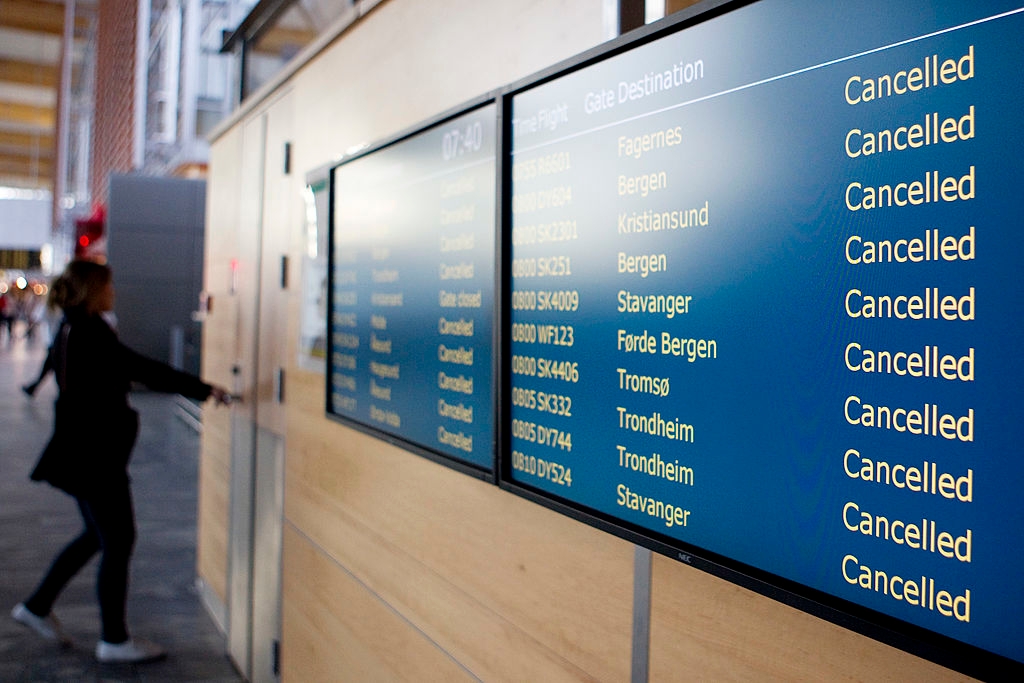Remember the Eyjafjallajökull volcano in Iceland? When it erupted in 2010, it caused unprecedented disruption. Millions of people were stranded in various corners of the world. Europe’s airspace was shut down. And airlines were left with an estimated £1.2bn bill. Needless to say this is all small beer by today’s standards of financial loss. But can the response to that eruption teach us anything about the mistakes that have been made in response to the pandemic?
The circumstances might be different but there are many similarities between the reactions to the two events. Ten years on, a big initial scare and a mixture of insufficient information, arguably faulty modelling and over-cautious scientists – consulting with risk-averse politicians, with little or no knowledge of a highly-specialised area – once again make for a bad combination. But here’s the depressing news: back in 2010, the main closure of airspace ran for eight days in April of that year; after six months of Covid restrictions in the UK, we still have no light at the end of the tunnel.

Get Britain's best politics newsletters
Register to get The Spectator's insight and opinion straight to your inbox. You can then read two free articles each week.
Already a subscriber? Log in







Comments
Join the debate for just £1 a month
Be part of the conversation with other Spectator readers by getting your first three months for £3.
UNLOCK ACCESS Just £1 a monthAlready a subscriber? Log in